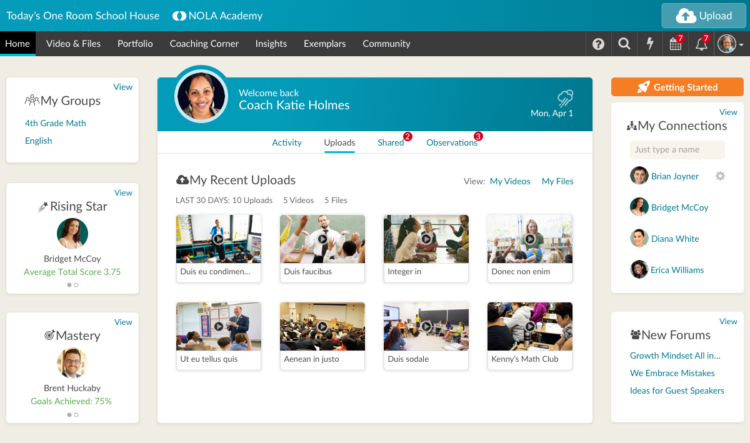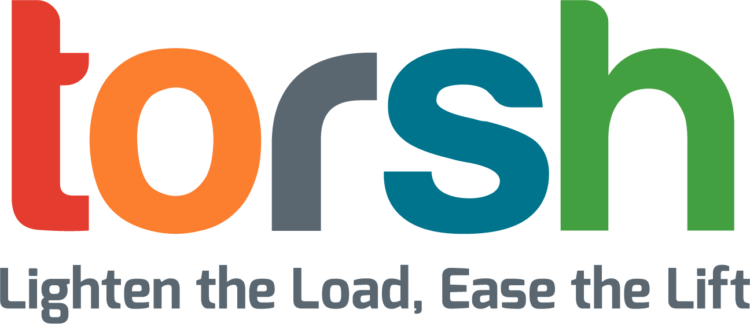Breaking Down Barriers in Early Intervention
Early Intervention Providers (EIPs) are at the forefront of helping children with autism and their families navigate social-emotional development. However, their work often comes with logistical and technological challenges that can impede progress. Many EIPs work in home settings where reliable Wi-Fi isn’t always available, and they need secure, easy-to-use tools for data collection, reflection, and coaching. This is where TORSH has made a transformative impact.
Bridging the Technology Gap
The Building Interactive Social Communication Project (BISC), an innovative early intervention program through Indiana University, turned to TORSH to address key field challenges. EIPs needed a way to record video reflections and review them in real-time without storing data on their devices—a requirement to maintain HIPAA and FERPA compliance. With TORSH, they can:
- Capture video in the field without needing an internet connection.
- Securely store and manage intervention data, ensuring privacy and accessibility for the right team members.
- Engage in structured video reflection, allowing providers to assess and adjust their approaches for better outcomes.
- Collaborate seamlessly, connecting field providers, mentors, and researchers to improve intervention fidelity and effectiveness.

The TORSH Talent platform shows recent video uploads
The Impact: Measurable Improvements for Providers, Parents, and Children
Since integrating TORSH, BISC has reported significant improvements across multiple areas:
- Provider Success: EIPs have quickly adopted the system with minimal training time, allowing them to focus more on their work with families.
- Parent Empowerment: TORSH enables parents to actively participate in their child’s development, fostering a stronger parent-child bond and increasing self-efficacy.
- Child Development: Children demonstrate increased motivation to engage socially and take a more active role in their learning journey.
What Makes BISC’s Approach Unique?
Two key aspects set BISC apart from other early intervention models:
- A Unique Developmental Sequence – BISC provides a structured approach that EIPs can easily implement. Providers see early progress, reinforcing their confidence and effectiveness.
- Mediated Learning – The program focuses on fostering an internal desire in children to engage socially and learn, rather than relying solely on external motivation.
Seamless Implementation with TORSH
A major concern for the BISC team was the potential learning curve in adopting a new technology. However, the transition to TORSH was remarkably smooth. Providers quickly adapted to the platform, eliminating the need for additional expensive hardware like iPads. One of the program leaders shared their initial skepticism:
“I was expecting it to take a lot of startup time and a learning gap with providers, and it didn’t. Your team did so well with the implementation. In the back of my mind, I kept thinking, what if this doesn’t work, and we have to buy iPads again (and never get them back)? But thank goodness, everything is smooth.”
The Future of Early Intervention with TORSH
As BISC continues its work, the team seeks to expand research efforts and scale implementation with TORSH. By leveraging data-driven insights and enhancing collaboration between intervention providers, mentors, and researchers, BISC aims to refine and improve intervention strategies that make a lasting impact on children and families.
TORSH is more than just a coaching tool—it’s a solution that empowers early intervention teams to work more effectively, drive measurable change, and ultimately help children learn how to learn.

For more information about BISC and how to participate in their upcoming Early Intervention research, click here.
 To learn more about TORSH and see a demo of the Talent platform, click here.
To learn more about TORSH and see a demo of the Talent platform, click here.



